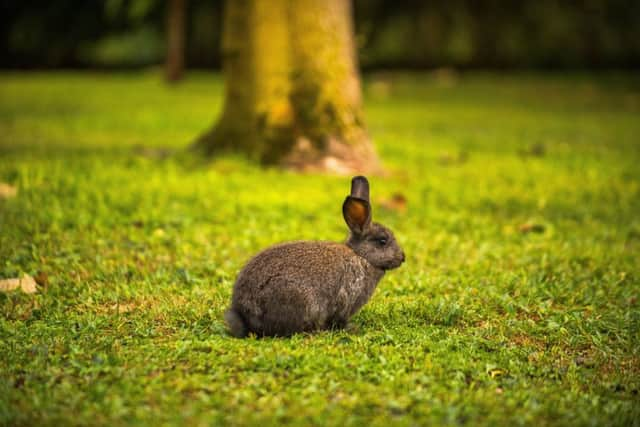Charity asks residents to help garden friends


People’s Trust for Endangered Species (PTES) is urging volunteers to help with its annual Living With Mammals survey, which will run from Monday, March 26 to Sunday, June 24.
All people have to do is record the wild animals they see in a green space or garden once a week.
Advertisement
Hide AdAdvertisement
Hide AdLast year, volunteers in the south east region returned the greatest number of surveys in the country.
Volunteers can choose any green space to survey – from their back garden to the park across the street – and record any sightings of mammals or the signs they leave behind.
Hedgehogs, foxes, grey squirrels and bats are all typically found in household gardens, recreational sites and cemeteries.
Survey officer David Wembridge said: ‘Understanding how wildlife in our towns and cities is changing is essential in supporting our wild neighbours such as foxes, rabbits and hedgehogs.
Advertisement
Hide AdAdvertisement
Hide Ad‘We’ve always shared our green spaces with wildlife, so by counting the number of mammals each spring, we can tell where conservation efforts are needed most.
‘By identifying population trends, finding pockets where certain species are thriving or under pressure, we can ultimately encourage biodiversity around us.’
To take part in the survey, people can register online by visiting ptes.org/lwm